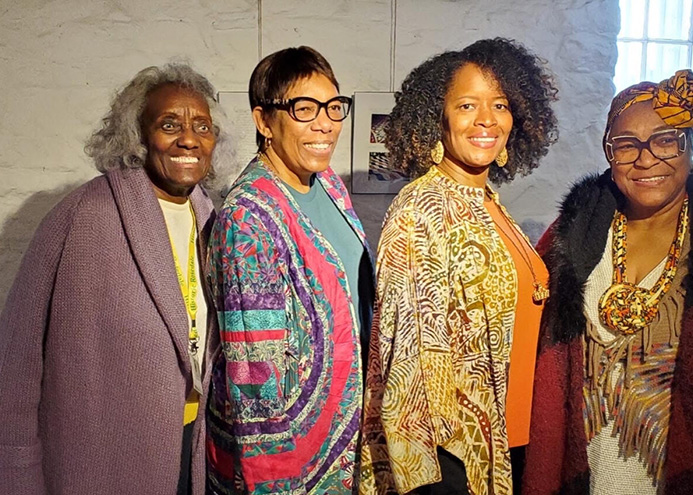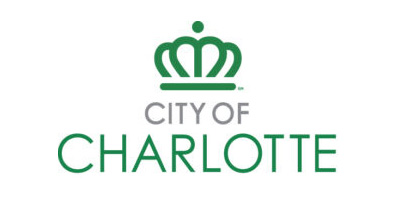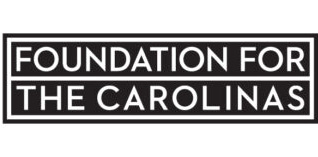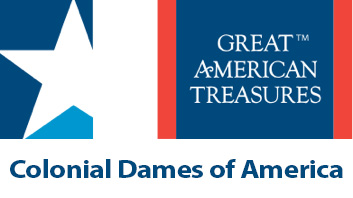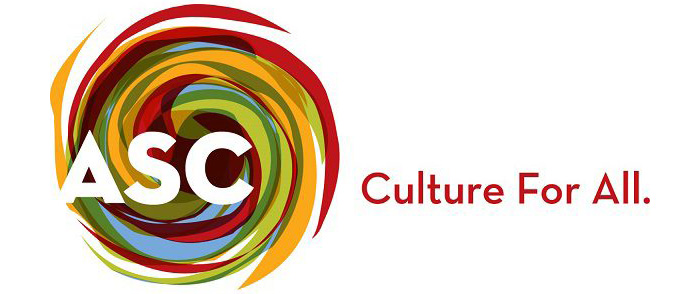African American Legacy Events
The African American Legacy Project strives to offer a variety of programming throughout the year. February and June are especially important months where we celebrate and recognize Black History Month and Juneteenth, respectively.
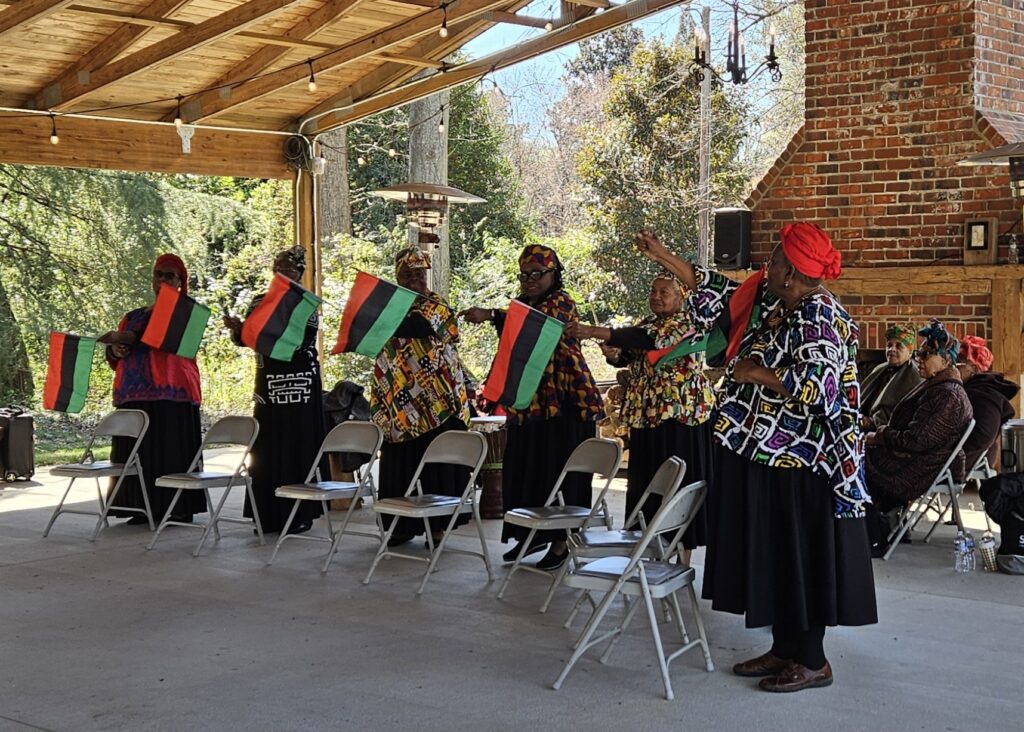
Juneteenth
JUNETEENTH marks our country’s second independence day. Although it has long been celebrated in the African American community, this monumental event remains largely unknown to many Americans.
On “Freedom’s Eve,” or the eve of January 1, 1863, the first Watch Night services took place. On that night, enslaved and free African Americans gathered in churches and private homes all across the country awaiting news that the Emancipation Proclamation had taken effect. At the stroke of midnight, prayers were answered as all enslaved people in Confederate States were declared legally free. Union soldiers, many of whom were black, marched onto plantations and across cities in the south reading small copies of the Emancipation Proclamation spreading the news of freedom in Confederate States. Only through the Thirteenth Amendment did emancipation end slavery throughout the United States.
But not everyone in Confederate territories would immediately be free. Even though the Emancipation Proclamation was made effective in 1863, it could not be implemented in places still under Confederate control. As a result, in the westernmost Confederate state of Texas, enslaved people would not be free until much later. Freedom finally came on June 19, 1865, when some 2,000 Union troops arrived in Galveston Bay, Texas. The army announced that the more than 250,000 enslaved black people in the state were free by executive decree. The historical legacy of Juneteenth shows the value of never giving up hope in uncertain times.

Black History Month
BLACK HISTORY MONTH is an annually observed commemorative month originating in the United States, where it is also known as African-American History Month. It began as a way of remembering important people and events in the history of the African diaspora, initially lasting a week before becoming a month-long observation in 1970. It is celebrated in February in the United States and Canada, where it has received official recognition from governments, and more recently has also been celebrated in Ireland and the United Kingdom where it is observed in October.
The precursor to Black History Month was created in 1926 in the United States, when historian Carter G. Woodson and the Association for the Study of Negro Life and History (ASNLH) announced the second week of February to be “Negro History Week”. This week was chosen because it coincided with the birthday of Abraham Lincoln on February 12th and that of Frederick Douglass on February 14th, both of which Black communities had celebrated since the late 19th century. For example, in January 1897, school teacher Mary Church Terrell persuaded the Washington, D.C. school board to set aside the afternoon of Douglass’s birthday as Douglass Day to teach about his life and work in the city’s segregated public schools. The thought process behind the week was never recorded, but scholars acknowledge two reasons for its birth: recognition and importance.
Collaborators
Moving Spirits Dance Company
Queen City Sr. Drummers & Praise Dancers
Drums 4 Life Drum Circle
La Casa de la Cultura
Friendship Baptist Church Quilting Ministry
40+ Double Dutch Club
Books 4 Youth
Lovn3D Women’s Ministry
African American Legacy Events

Juneteenth 2025

Moving Spirits Dance Co. – “The Revival”

“Capoeira” Moving Spirits Dance Company

Black History Month “Music is our Refuge”

Juneteenth 2024

Black History Month – “Celebration” 2024
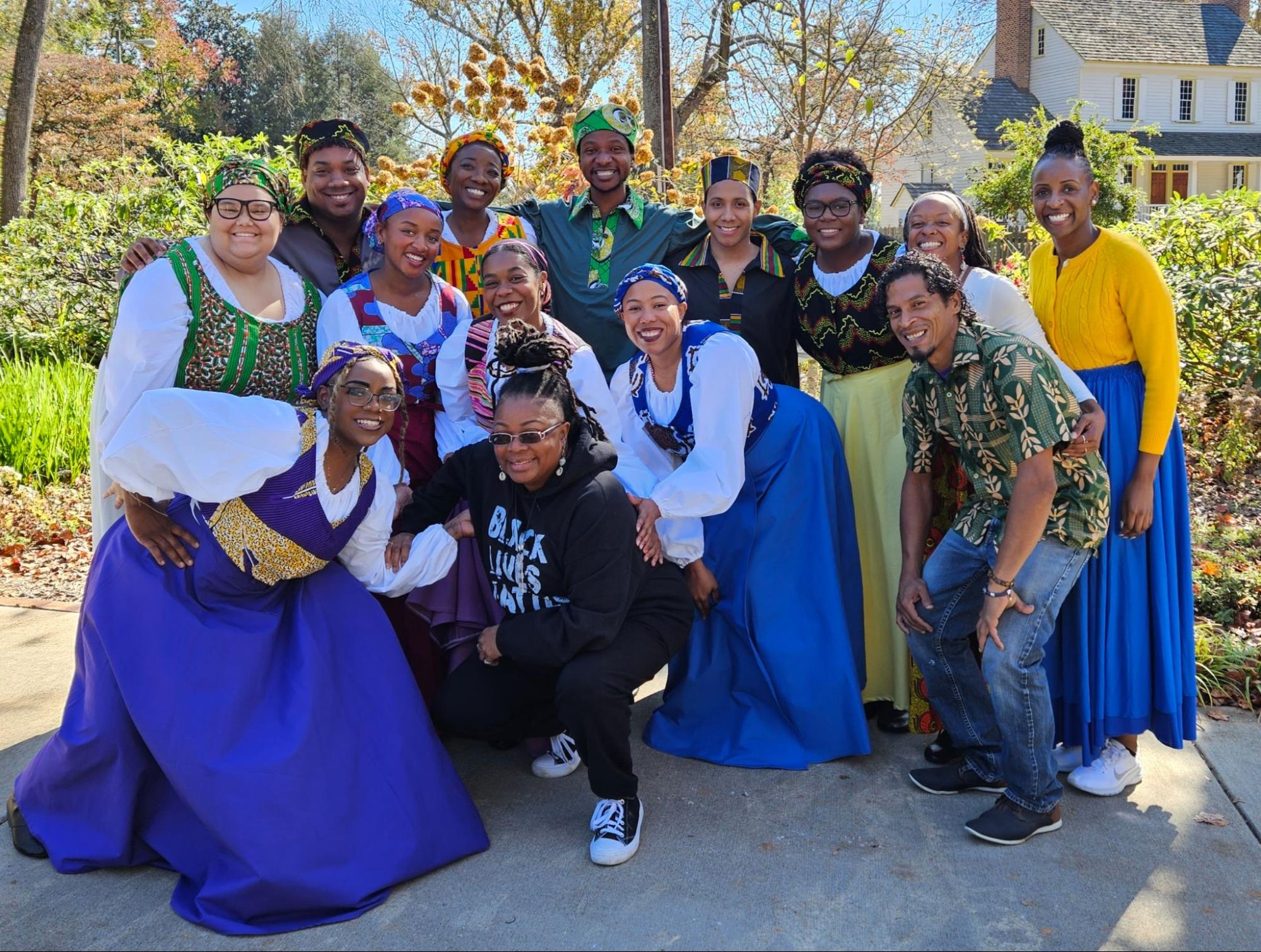
Moving Spirits Dance Co. – “Ring Shout”

“The Chronicles of Adam”
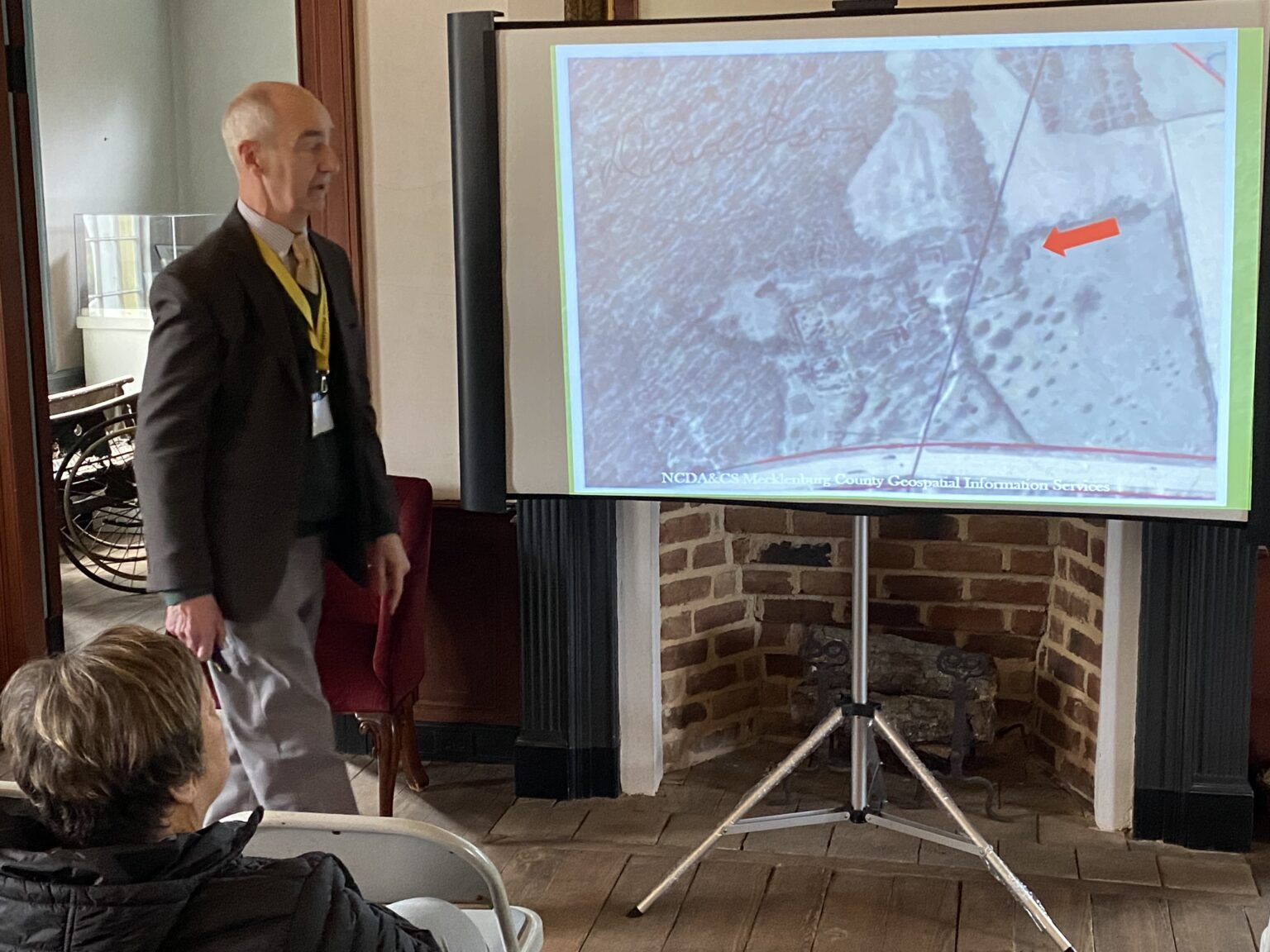
Black History Month – “Celebration” 2023

“Groundbreaking of the AAL Memorial Garden”
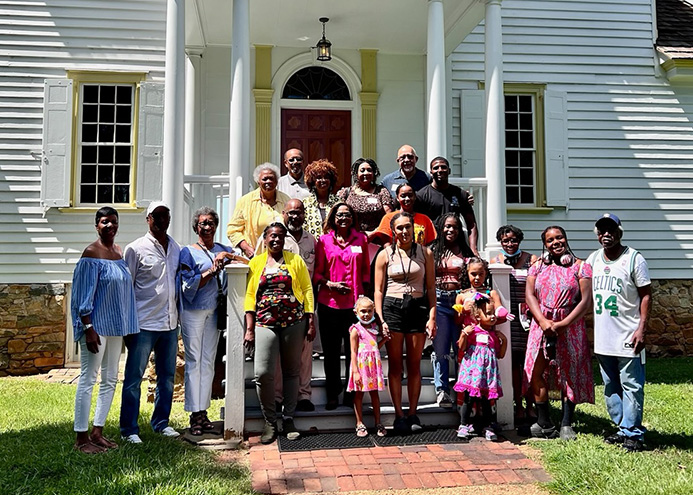
Descendents Reunion
